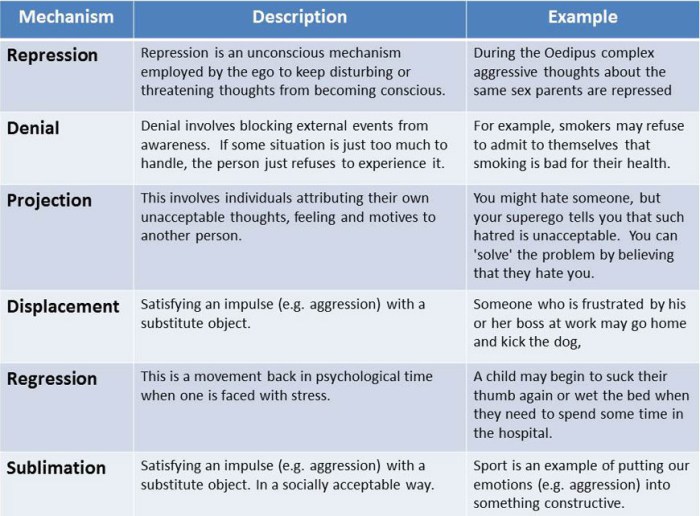The AP Psychology Vocabulary List by Unit is an indispensable resource for students preparing for the Advanced Placement Psychology exam. Mastering the key terms in each unit is crucial for understanding the fundamental concepts and theories of psychology and achieving success on the exam.
This comprehensive list provides a structured and organized approach to learning the vocabulary, with clear definitions, examples, and connections to real-world applications.
AP Psychology Vocabulary List by Unit

The AP Psychology vocabulary list by unit is a comprehensive resource designed to help students master the key terms and concepts covered in the Advanced Placement Psychology course. A strong understanding of the vocabulary is essential for success on the AP Psychology exam, as it enables students to accurately interpret and respond to questions.
The vocabulary list is organized into units that correspond to the different topics covered in the AP Psychology curriculum. Each unit includes a list of key terms, their definitions, and examples or explanations to illustrate their usage. The list is designed to be user-friendly and accessible, allowing students to easily find and review the terms they need to know.
Unit-Specific Vocabulary
| Unit | Topic | Key Terms | Definitions |
|---|---|---|---|
| Unit 1: History and Approaches | History of Psychology |
|
|
| Unit 2: Biological Bases of Behavior | Nervous System |
|
|
Study Techniques: Ap Psychology Vocabulary List By Unit
There are a number of effective study techniques that students can use to memorize and understand AP Psychology vocabulary. One common technique is to use flashcards. Flashcards can be created with the key term on one side and the definition on the other side.
Students can then quiz themselves by looking at the key term and trying to recall the definition.
Another effective study technique is spaced repetition. Spaced repetition involves reviewing the material at increasing intervals. For example, a student might review the vocabulary list once on the day they learn it, then again a few days later, then again a week later, and so on.
This helps to move the information from short-term memory to long-term memory.
Students can also incorporate the vocabulary into practice questions and exam preparation. For example, they can try to answer practice questions using the key terms, or they can create their own practice questions. This helps to reinforce the meaning of the terms and to improve their ability to apply them in different contexts.
Applications and Connections
The AP Psychology vocabulary is essential for understanding the key concepts of psychology. It allows students to accurately interpret and respond to questions on the AP Psychology exam. In addition, the vocabulary can help students to connect different units and topics within the course.
For example, the term “neuron” is used in the unit on the biological bases of behavior. However, it is also relevant to the unit on sensation and perception, as neurons are responsible for transmitting sensory information to the brain. By understanding the meaning of the term “neuron,” students can better understand how these two units are connected.
The AP Psychology vocabulary is also relevant to real-world situations and future studies. For example, the term “stress” is used in the unit on motivation and emotion. However, it is also a term that is commonly used in everyday conversation.
By understanding the meaning of the term “stress,” students can better understand how it affects their own lives and the lives of others.
FAQ Compilation
What is the purpose of the AP Psychology Vocabulary List by Unit?
The AP Psychology Vocabulary List by Unit is designed to help students master the key terms for each unit in the AP Psychology curriculum, enhancing their understanding of psychological concepts and preparing them for the exam.
How is the vocabulary list organized?
The vocabulary list is organized by unit, with each unit containing a table of key terms, definitions, examples, and explanations.
What study techniques are recommended for memorizing the vocabulary?
Effective study techniques include using flashcards, spaced repetition, and incorporating the vocabulary into practice questions and exam preparation.